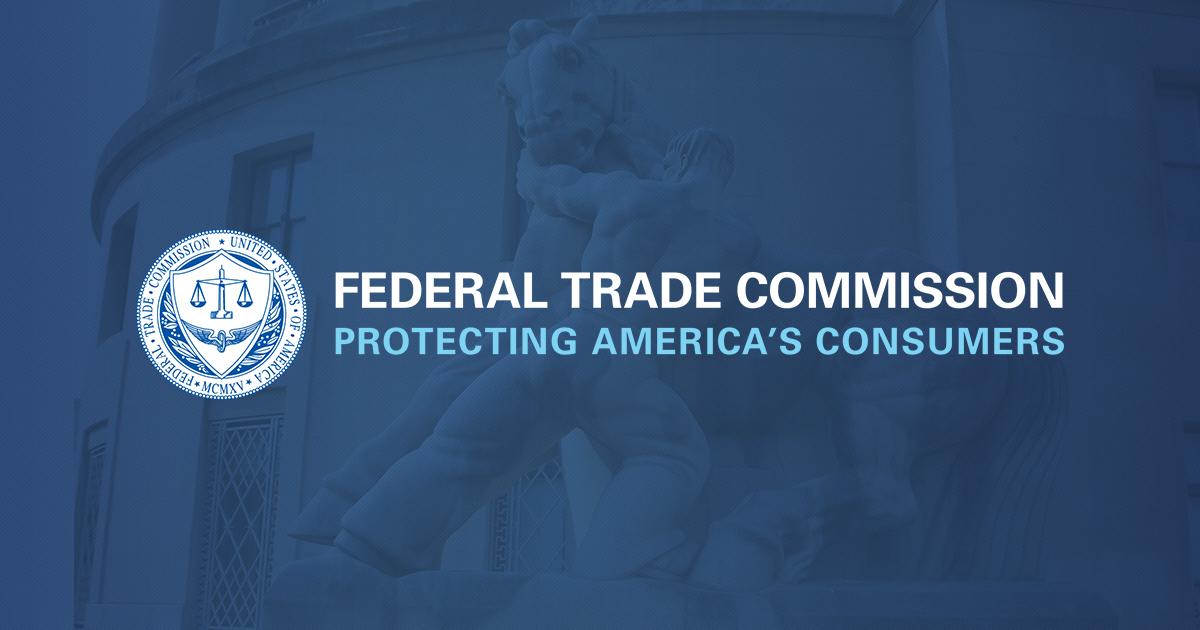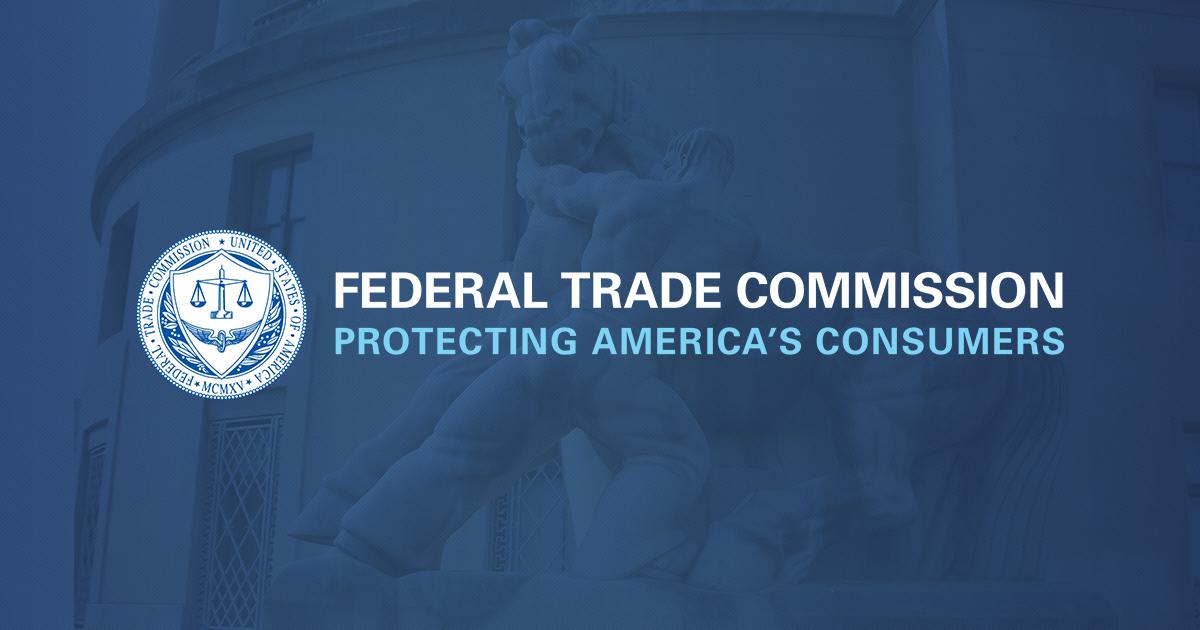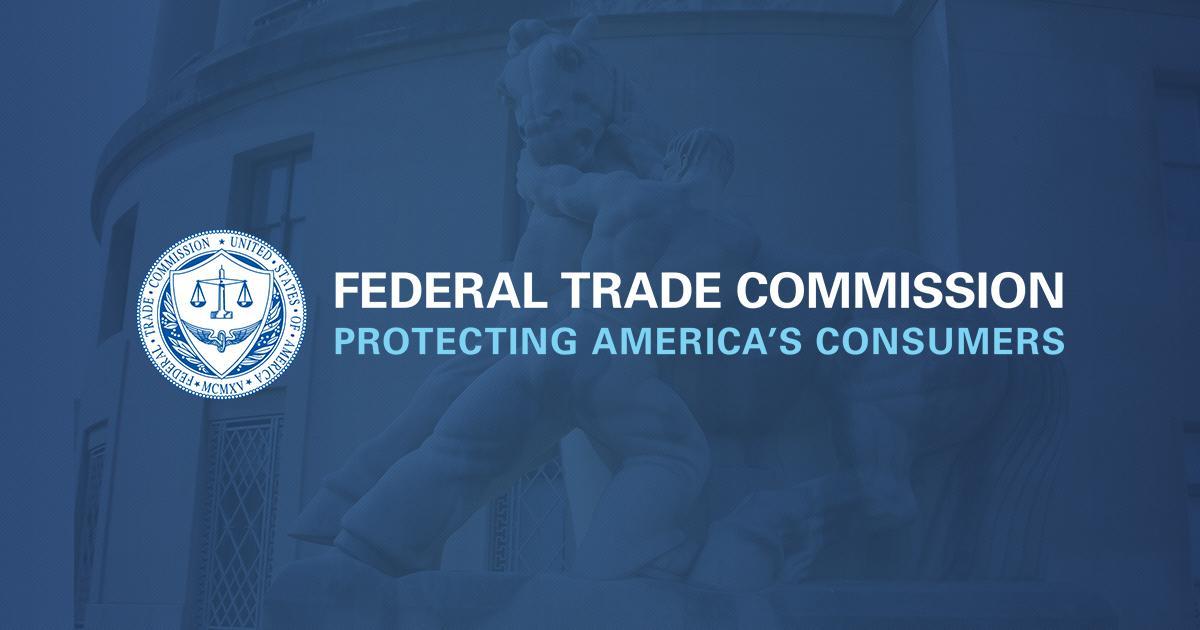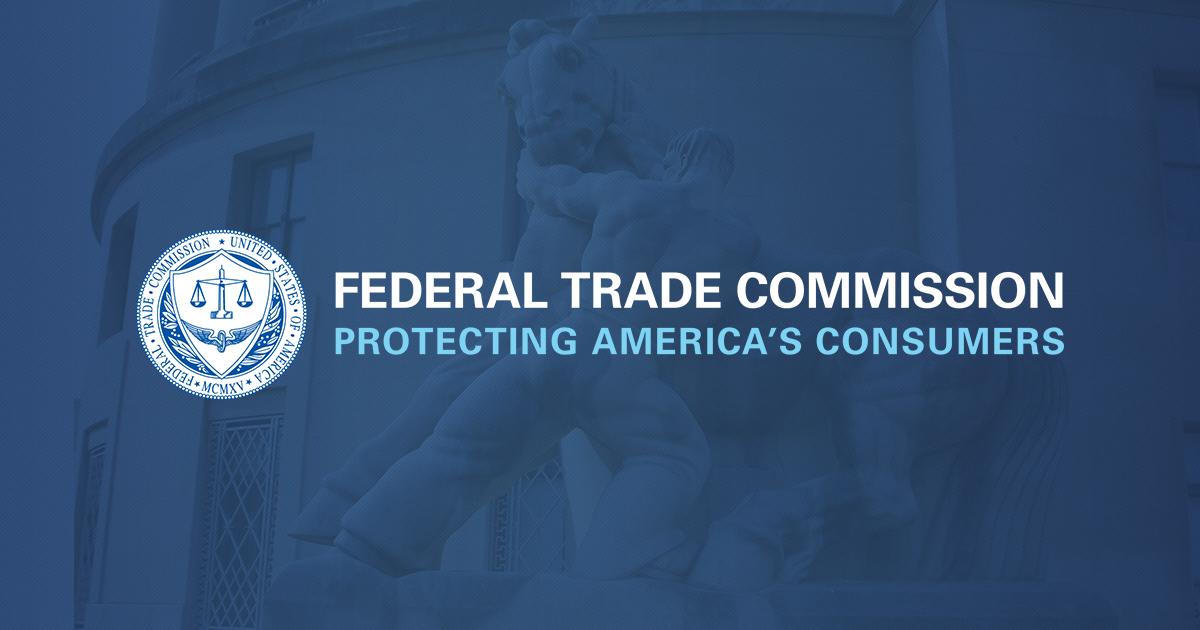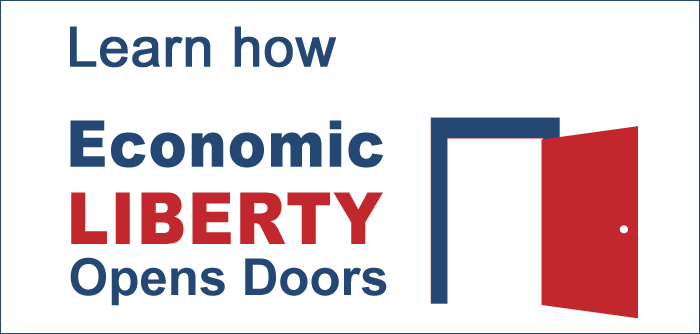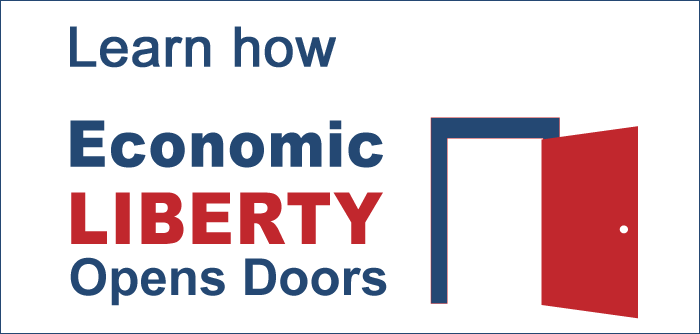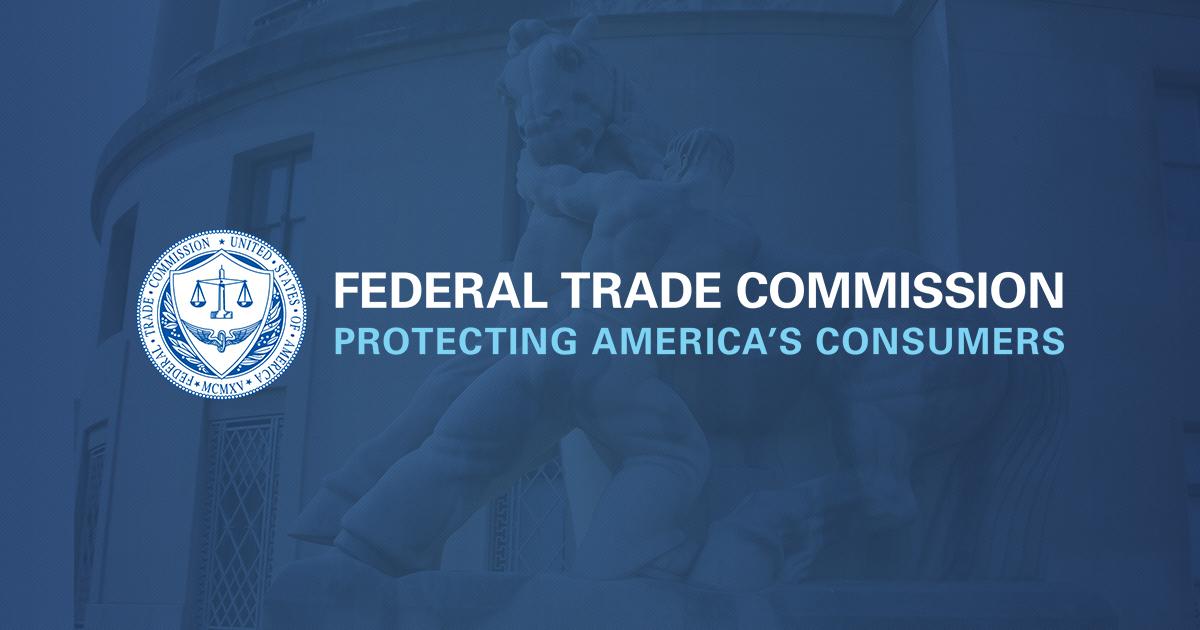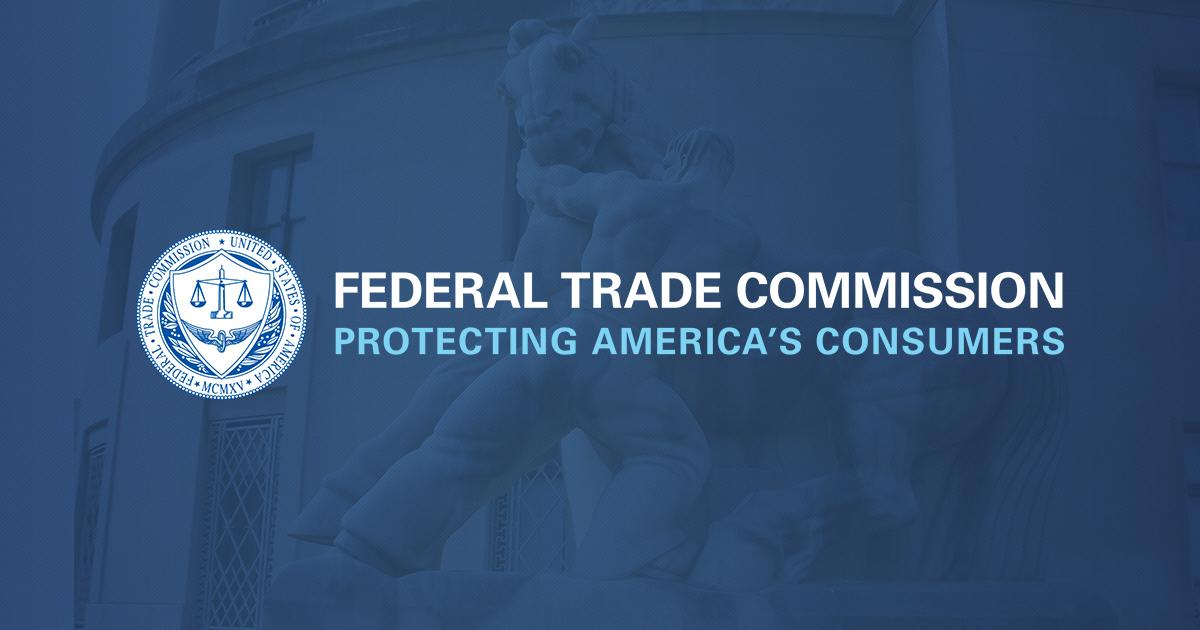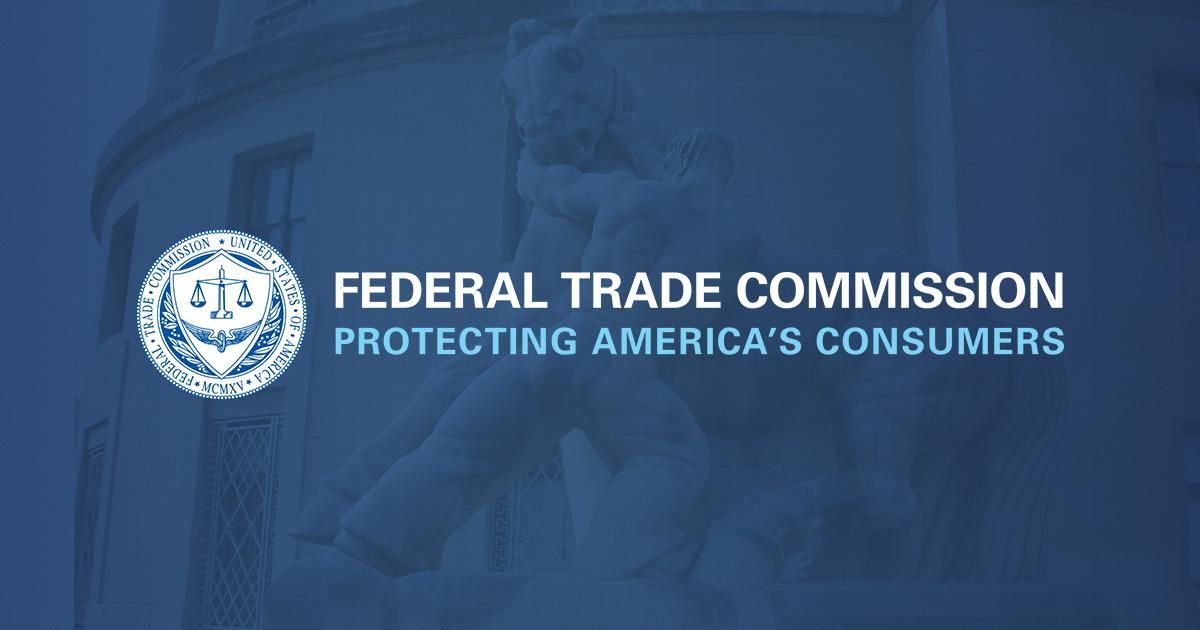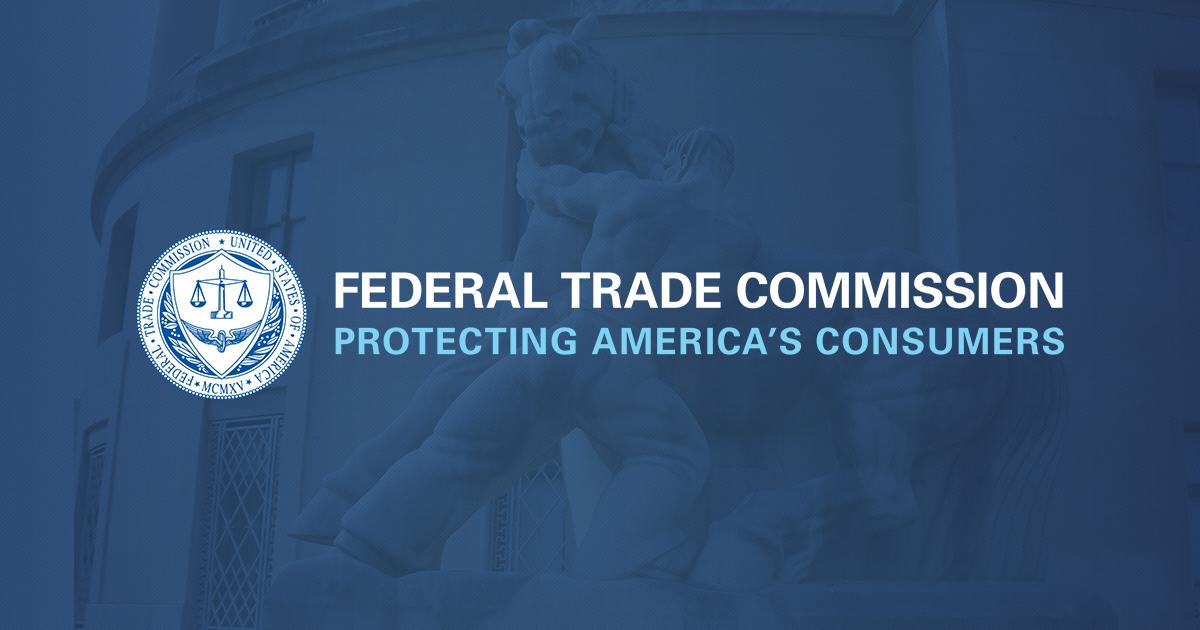The Federal Trade Commission and the National Highway Traffic Safety Administration (NHTSA) will hold a workshop on June 28, 2017 in Washington, D.C., to examine the consumer privacy and security issues posed by automated and connected motor vehicles.
The workshop will feature opening remarks by Acting FTC Chairman Maureen K. Ohlhausen and will bring together a variety of stakeholders, including industry representatives, consumer advocates, academics, and government regulators, to discuss various issues related to connected and automated vehicles that collect data. They include:
- the types of data vehicles with wireless interfaces collect, store, transmit, and share;
- potential benefits and challenges posed by such data collection;
- the privacy and security practices of vehicle manufacturers;
- the role of the FTC, NHTSA, and other government agencies regarding privacy and security issues related to connected vehicles; and
- self-regulatory standards that might apply to privacy and security issues related to connected vehicles.
Modern motor vehicles increasingly are being equipped with technologies that enable them to access information via the Internet and gather, store and transmit data for entertainment, performance and safety purposes. Automated vehicles, vehicles with Vehicle-to-Vehicle Communications technology, and other connected vehicles (i.e. with some form of wireless connectivity) can provide important benefits to consumers and have the potential to revolutionize motor vehicle safety. At the same time, these automated and connected vehicles are expected to generate an enormous amount of data, some of which will be personal and sensitive, such as real time precise geolocation data and the contents of driver communications that result when drivers connect their mobile phones to a vehicle’s computer system. The workshop will explore the consumer privacy and security issues that automated and connected vehicles pose.
The FTC and NHTSA invite comments from the public on the topics this workshop will cover. For further information on the workshop and the public comment process, including a list of suggested questions open for comment, please see the workshop’s detailed public notice.
The workshop, which is free and open to the public, will be at the FTC’s Constitution Center, 400 7th St., SW, Washington, DC. It will be webcast live on the FTC’s website. Registration information, an agenda, directions to the FTC’s Constitution Center building, and a list of speakers will be available in the near future on the event webpage. Advance registration is not required but is strongly encouraged.
The Federal Trade Commission develops policy initiatives on issues that affect competition, consumers, and the U.S. economy. Like the FTC on Facebook, follow us on Twitter, read our blogs, and subscribe to press releases for the latest FTC news and resources.

